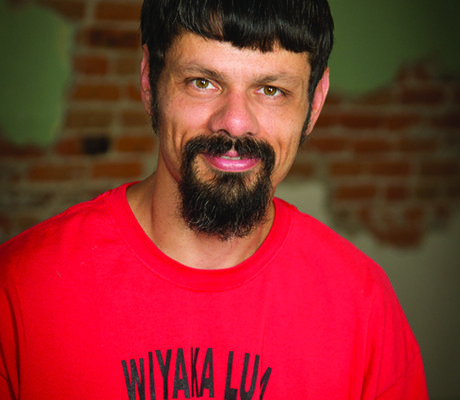While I attended the Keep America Beautiful 2020 National Conference the Wednesday general session featured an opening keynote. Jill Boughton, founder and president of Waste2Worth Innovations, spoke. She was recently featured in “National Geographic” and leads a mission of revolutionizing the use of solid waste as a resource.
Boughton opened by describing some of her projects at P&G where she retired in 2012.
“The trash world has so many stakeholders. All of us contribute in some way,” she said, noting there is an entire sub-economy built around the waste business.
Concerning how governments treat the sector, she said in the United States and Europe the trash business is largely privatized. In Southeast Asia cities themselves are responsible. Investors play a big role. “Everyone has a role to play. So many competing agendas,” she said.
Boughton described contrasting factors:
Valorization — make value out of trash by making it a resource, versus reduction. Both has to happen, she emphasized.
NGOs (Non-Governmental Organizations) vs. Corporations. Find both bring something to the equation.
Technology vs. Technology — Nobody’s right if everybody’s wrong.
Profitability is key, Boughton said. “We studied trash — only one common thing: if it’s worth something it will get picked up. If it’s not economically viable it’s not going to last.”
Maybe new technology can leapfrog into developing areas, she said. “When dealing with trash there is no silver bullet, one size fits all, turn key solution.”
Boughton said what happens if “we don’t partner” with waste it is like a game of whack a mole.
One of her illustrations was fixing plastic pollution. She explored options such as a total ban, targeted bans, recycling it all and making it biodegradable along with reducing consumption.
Boughton concluded saying we should leverage all stakeholders and should be okay with targeted/different solutions.

